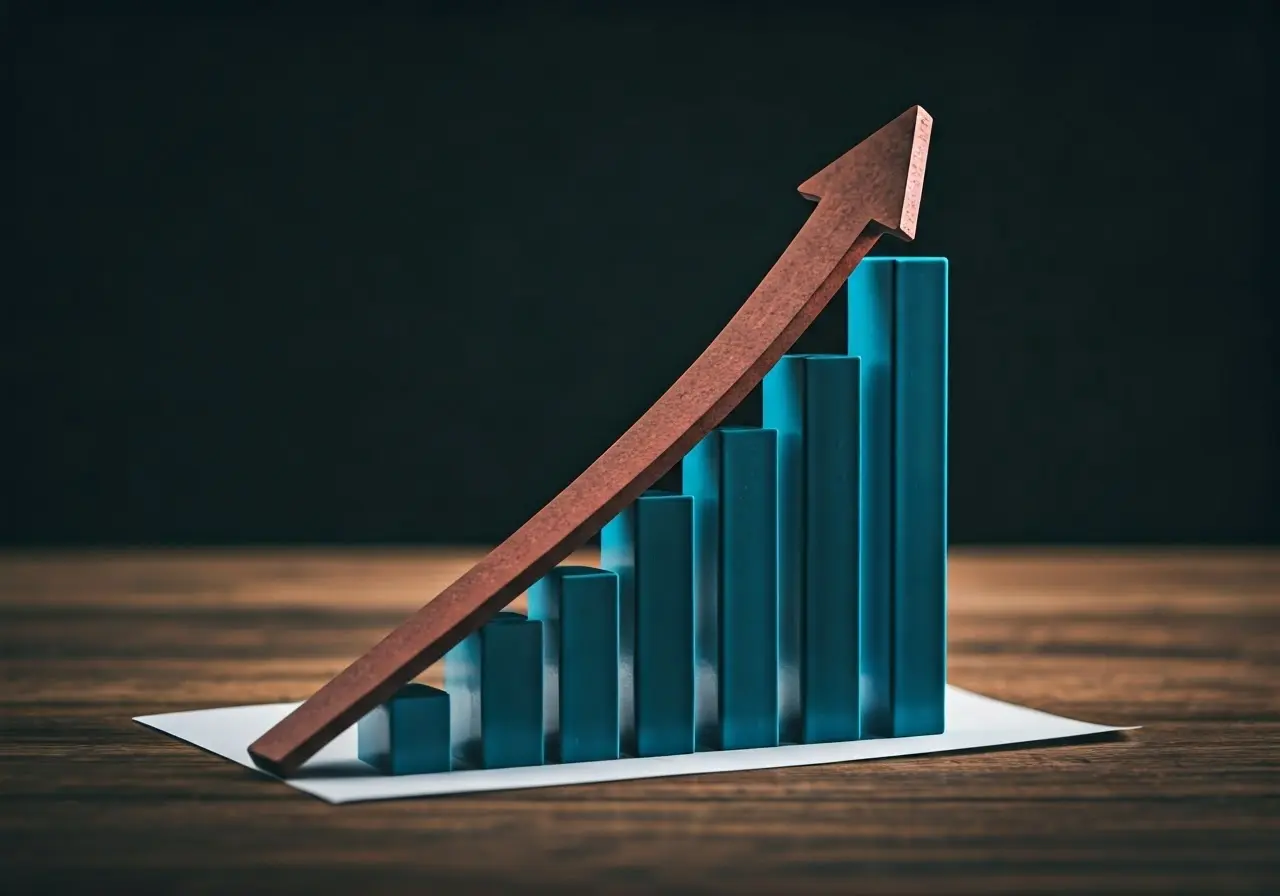In today’s fast-paced world, personal development is more crucial than ever. It’s about growing your skillset, improving your mindset, and becoming the best version of yourself. But how does this journey of self-improvement impact your professional life? In this blog, we will explore the undeniable connection between personal development and achieving success in the workplace.
Understanding Personal Development
Personal development involves activities that improve awareness and identity, develop talents and potential, and enhance quality of life. It’s the conscious pursuit of personal growth by expanding self-awareness and knowledge.
At its core, personal development is about making conscious decisions to improve yourself. Whether it’s about gaining new skills, forming good habits, or breaking old ones that don’t serve you anymore, this ongoing process is rooted in self-improvement.
Imagine personal development as a journey, a continuous path where each step you take is informed by self-reflection and intentional actions. It not only shapes who you are today but also influences who you aspire to be in the future.
The Link Between Personal Growth and Professional Success
Professional success is often an outcome of consistent personal development. Employers value skills such as communication, leadership, and emotional intelligence, all of which can be nurtured through personal development strategies.
Personal growth equips you with the tools you need to meet job demands head-on. As you enhance your capabilities, you become more effective at your job, which can increase productivity and lead to career advancement.
The skills honed through personal growth initiatives, such as working on public speaking or improving your emotional intelligence, often translate directly into the workplace, giving you a competitive edge over others who might not have cultivated such skills.
Interestingly, personal growth doesn’t just help you land a job, it helps you keep it. In today’s fast-evolving work environment, adaptability and continuous learning are key. Personal development fosters resilience and an ability to learn from experiences, both of which are essential for long-term professional success.
Building Essential Skills Through Development
Personal development helps in building critical skills like problem-solving, creativity, and adaptability. These skills are highly sought after in today’s job market and can lead to greater career opportunities and advancements.
By focusing on personal development, you create a toolkit of essential skills. Whether it’s enhancing your time management prowess or deepening your ability to work collaboratively within a team, these skills serve as the bedrock of your professional capability.
Furthermore, as you work on your personal skills, you should also reflect on your progress. This reflection allows you to continuously refine your strategies and adapt to new professional challenges with greater ease and confidence.
Setting Goals and Achieving Professional Milestones
Setting personal development goals can make professional milestones more attainable. By aligning your personal growth targets with your career objectives, you create a clear roadmap to professional success.
Goal setting is like a compass that guides you toward your aspirations. By mapping out your personal and professional milestones, you ensure that each step you take brings you closer to your coveted career achievements.
Breaking down larger career goals into smaller, manageable personal development tasks can prevent you from feeling overwhelmed and ensure a steady progression towards your professional aspirations.
As these goals are met, not only do they bring a sense of accomplishment, but they also boost your confidence and motivate you to set even higher ambitions for your career.
The Role of Lifelong Learning
Lifelong learning is a key component of personal development. Embracing continuous education and skill acquisition keeps you competitive in your field and opens doors to new professional opportunities.
Incorporating lifelong learning into your personal development plan means staying curious and open-minded. It involves actively seeking opportunities to expand your knowledge, whether through formal education, workshops, or self-directed learning.
As industries evolve, those who adopt a mindset of lifelong learning stand out as resilient and adaptable. They are not only prepared for the current demands of their job but are also well-equipped to meet future challenges.
Ultimately, lifelong learning fosters not just career growth but personal enrichment, leading to a more engaged and fulfilled life both professionally and personally.
Empower Your Career Through Personal Growth
In conclusion, personal development is not just a personal journey; it’s a professional game-changer. By investing in yourself, you are laying the foundation for a more successful and fulfilling career. Remember, the more you grow, the better equipped you’ll be to face professional challenges head-on.

